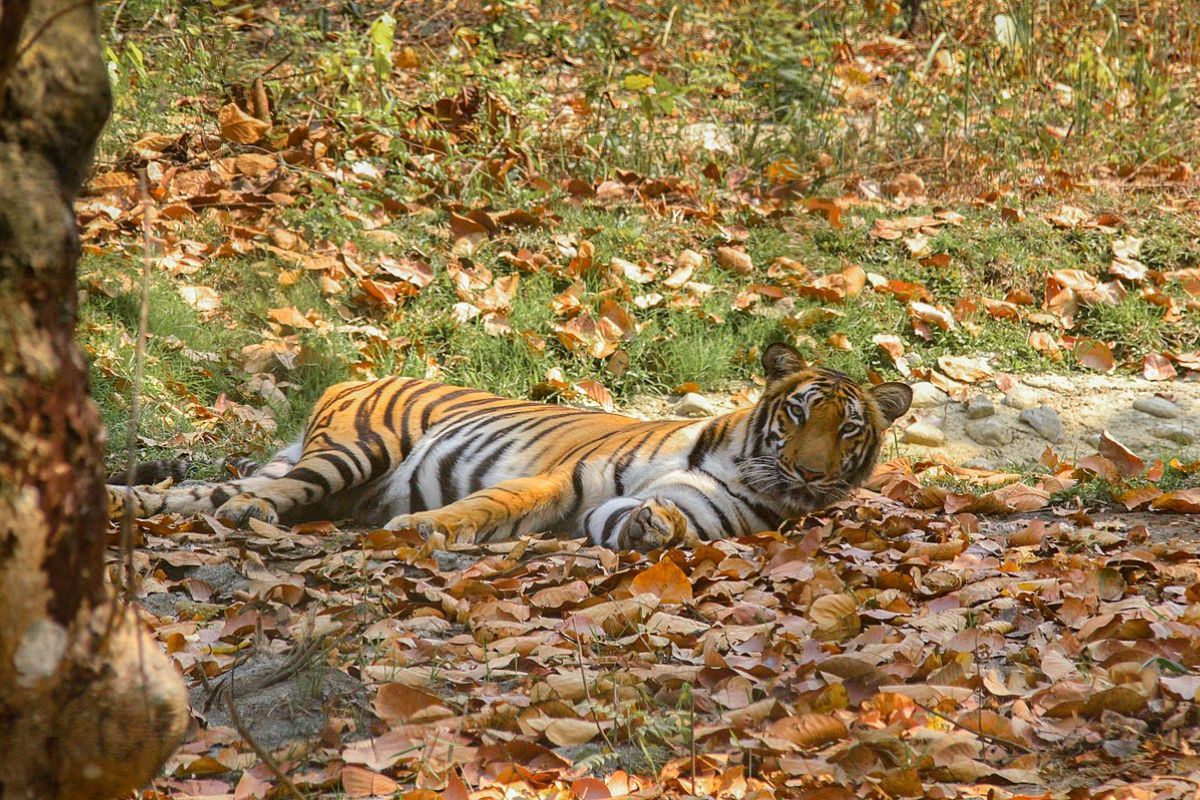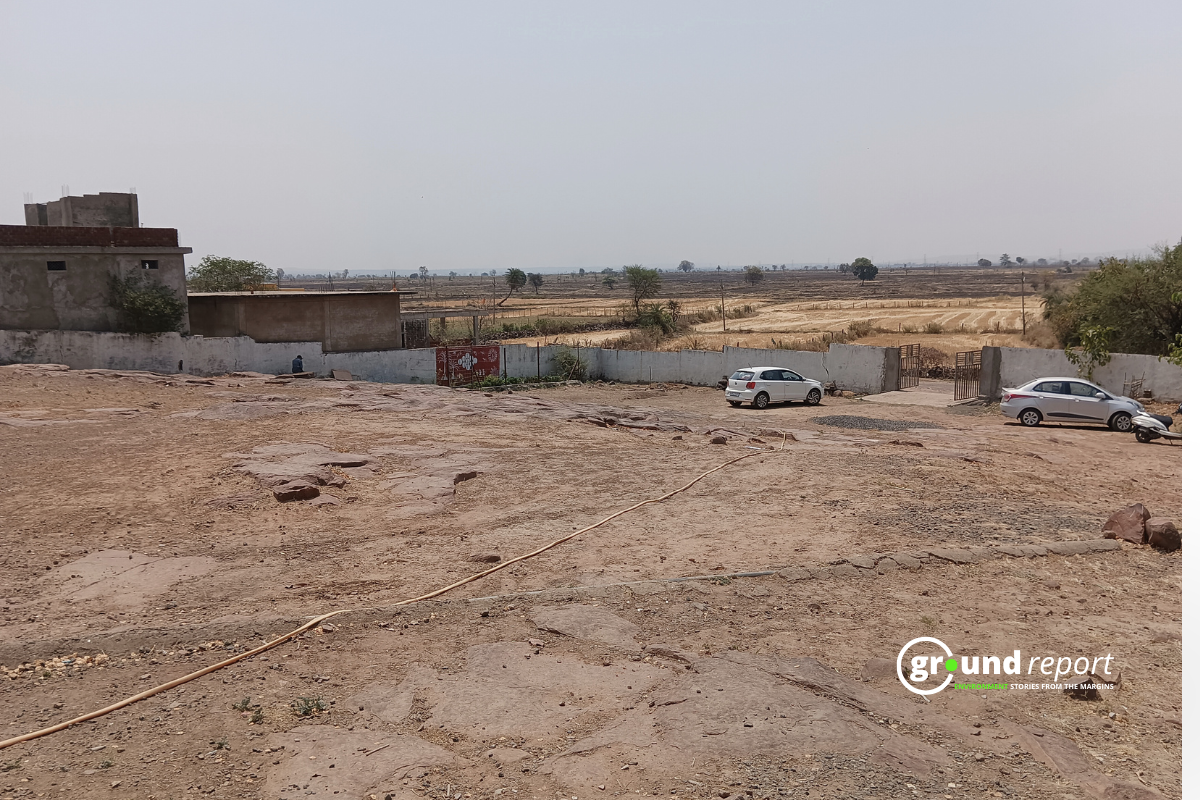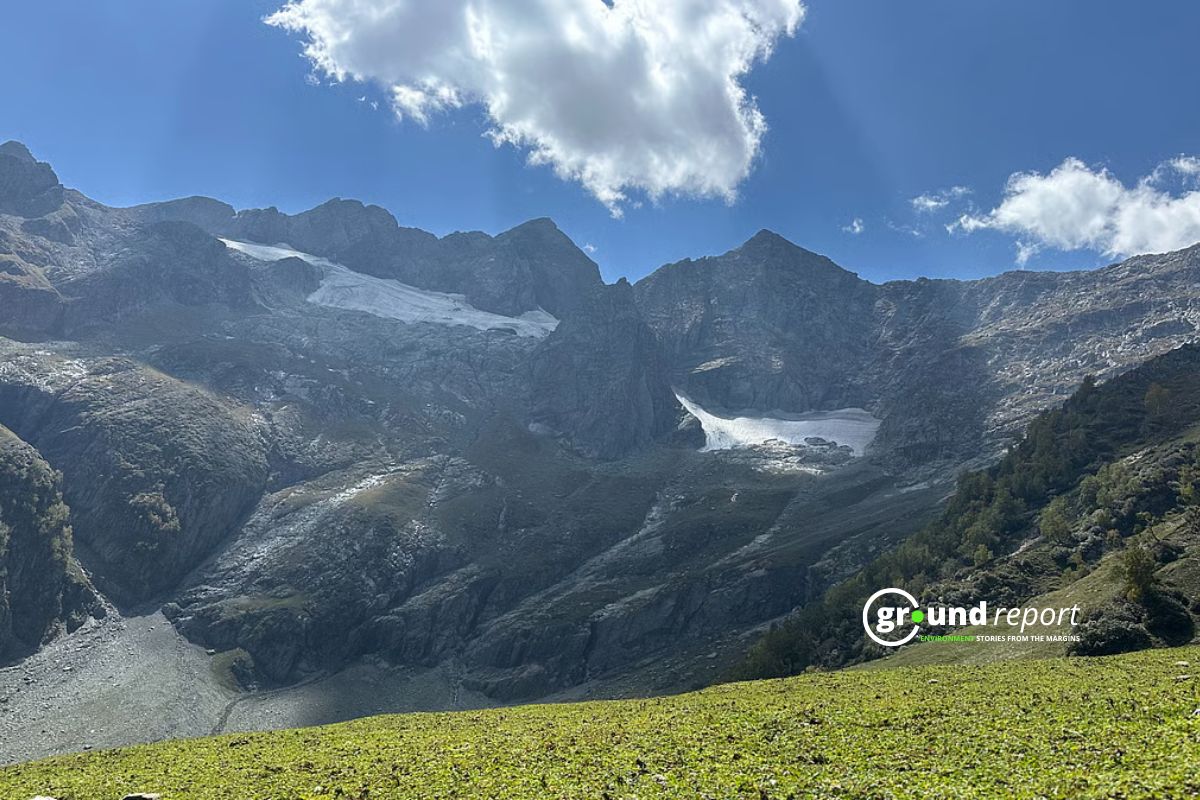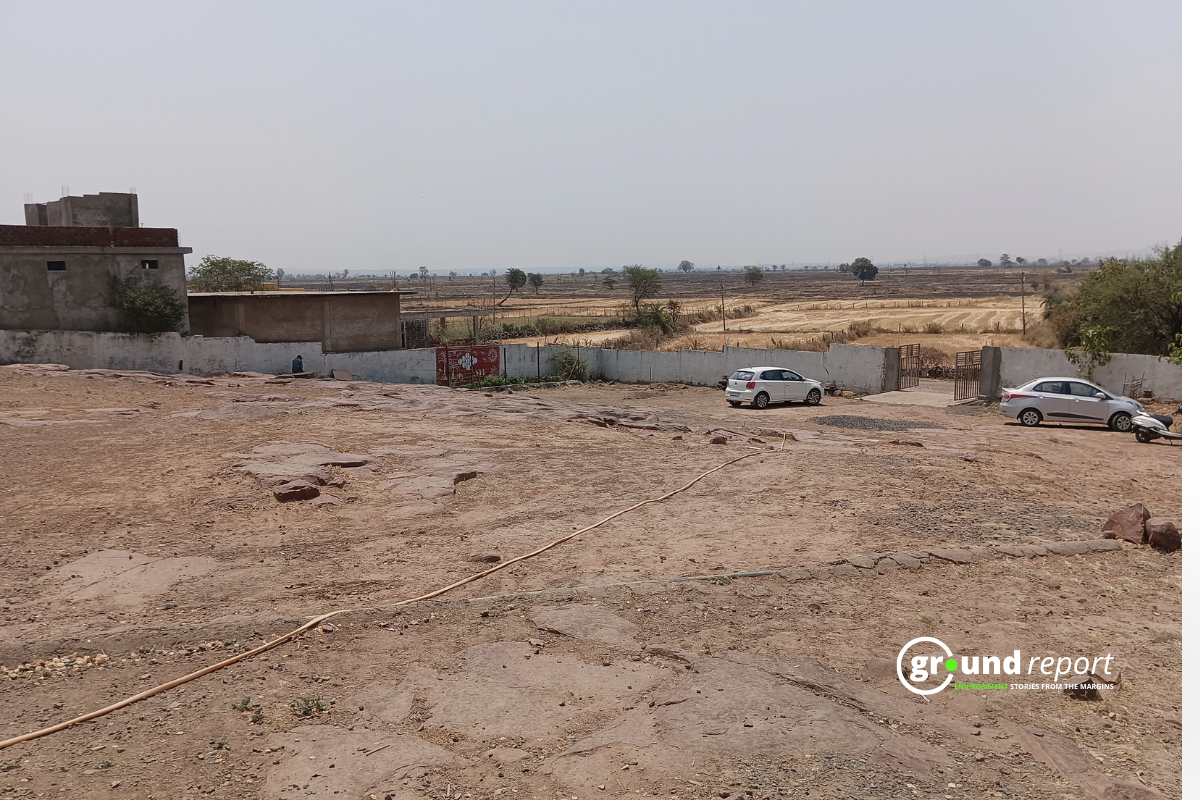A new study shows that climate change is affecting the sleep patterns of wild animals. The research is the most extensive analysis of sleep in wild animals, conducted by scientists from Queen’s University Belfast, the Czech University of Life Sciences, and Swansea University. The findings raise concerns for wildlife and humans.
The study focused on wild boars in two areas of the Czech Republic from 2019 to 2021 and was published in the journal Proceedings of the Royal Society B: Biological Sciences. Using biologging technology, researchers closely monitored the sleep habits of around 30 wild boars without disturbing them.
Rising temperatures disrupt sleep for humans, wildlife
The scientists could accurately distinguish when the animals were awake, resting, or asleep based on their movements and body positions by fitting the boars with specialized collars equipped with motion sensors and accelerometers. This allowed the researchers to quantify various aspects of sleep, including total sleep time, sleep efficiency, and sleep quality.
On hotter days with higher temperatures and humidity, the wild boars had significantly reduced sleep quantity, efficiency, and quality. They slept for shorter periods, had more disrupted and fragmented sleep, and spent less time in the deep, restorative stages.
The study found that cooler temperatures and increased rain or snow promoted better sleep for wild boars. Dr. Isabella Capellini, the lead researcher from Queen’s University, emphasized the importance of these findings: “Sleep is vital for health. As the world gets warmer and the weather gets worse, this disrupts sleep, especially for nocturnal creatures, which can have health effects.”
The research revealed significant variation in sleep patterns among individual boars. Some were “short sleepers,” getting up to 46% less sleep than “long sleepers.” The short sleepers didn’t compensate for their lack of sleep through increased quality or efficiency, suggesting they may be at higher risk of the detrimental effects of chronic sleep deprivation.
“People who sleep less or don’t get enough sleep miss out on the benefits,” Dr. Capellini said. “Not getting enough sleep for a long time can cause many problems. That’s why it’s important to prioritize it along with other daily tasks.”
Climate change disrupts nocturnal wildlife sleep
These findings extend beyond the wild boar population studied. Many other species, especially nocturnally active ones, are likely experiencing similar disruptions to their sleep patterns due to climate change.
“He [Dr. Capellini] has expressed concern that this can happen to humans too,” highlighting the potential for climate change to impact human sleep and health.
The University of Surrey has previously demonstrated a link between climate change and disrupted sleep in humans. As extreme weather events like heatwaves become more frequent and intense due to global warming, the increase in nighttime temperatures is likely to interfere with the body’s natural sleep-wake cycles and ability to achieve deep, restorative sleep.
Chronic sleep deprivation has well-documented and wide-ranging consequences for human health. It’s linked to increased risk of health issues like obesity, diabetes, cardiovascular disease, and cognitive impairment. It can also impact mood, emotional regulation, and quality of life.
“Not getting enough sleep for a long time can cause many problems,” Dr. Capellini warns, underscoring the urgency of addressing climate change-induced sleep disruption for both wildlife and humans.
Conservation, research, and habitat restoration
Experts suggest a multi-faceted approach to mitigate the effects of climate change on sleep. Conservation efforts to preserve and restore natural habitats, including suitable sleeping environments, are crucial for wildlife. Research into specific environmental factors that influence sleep patterns in different species is necessary for targeted interventions.
Addressing the root causes of climate change through reducing greenhouse gas emissions and transitioning to sustainable energy sources is essential for humans. However, more immediate solutions may also be needed, like improving building insulation and implementing cooling strategies to maintain indoor temperatures during heatwaves.
The study’s authors emphasize that their findings could have broader implications for understanding the impacts of climate change on health and behavior, not just sleep. Dr. Capellini notes, “Researchers are confident that the findings could improve sleep and quality of life in animals and humans.”
This research shows the interconnected nature of the challenges posed by global warming by highlighting the overlooked consequences of climate change on biological processes like sleep. Addressing them will require a coordinated effort from scientists, policymakers, and individuals.
As the world grapples with climate change, studies like this remind us that the impacts go beyond the environmental effects. The potential for disrupted sleep patterns and associated health risks underscore the urgency of taking action to mitigate and adapt to these changes, for the wellbeing of wildlife and humanity.
Keep Reading
Part 1: Cloudburst in Ganderbal’s Padabal village & unfulfilled promises
India braces for intense 2024 monsoon amid recent deadly weather trends
Support us to keep independent environmental journalism alive in India.
Follow Ground Report on X, Instagram and Facebook for environmental and underreported stories from the margins. Give us feedback on our email id greport2018@gmail.com.
Don’t forget to Subscribe to our weekly newsletter, Join our community on WhatsApp, and Follow our YouTube Channel for video stories.










